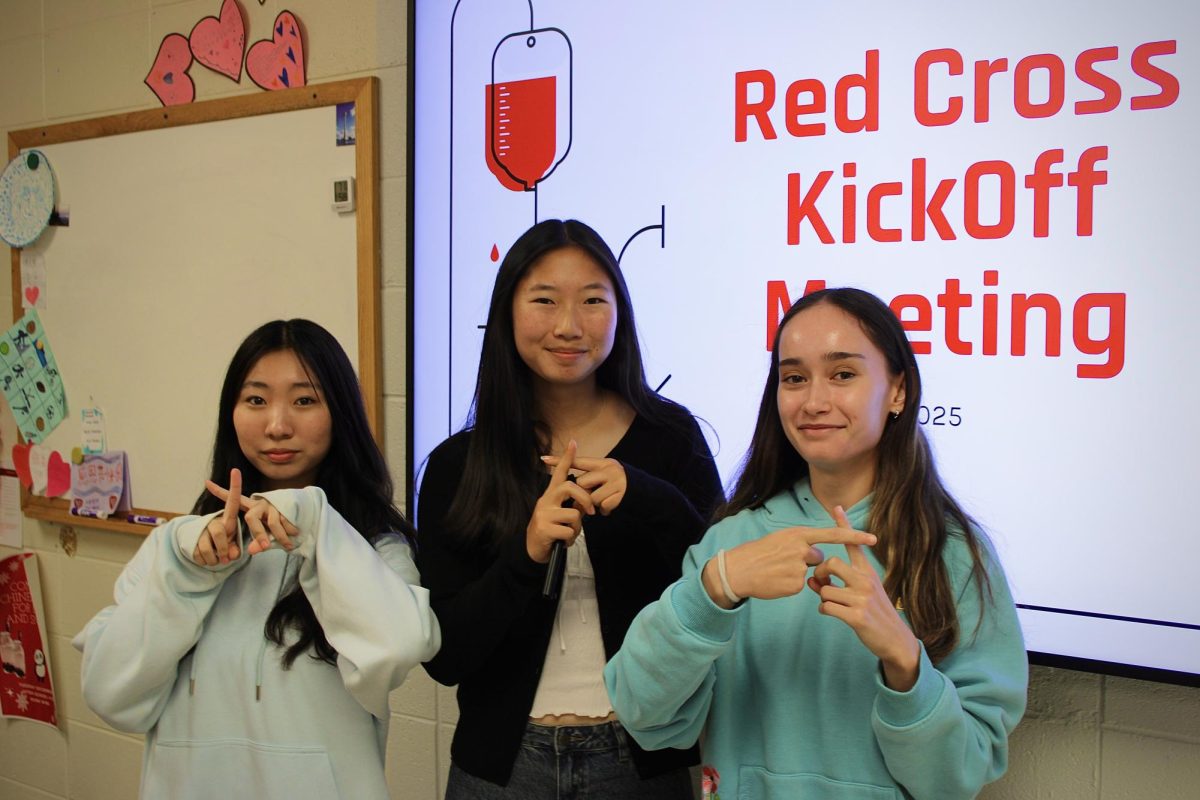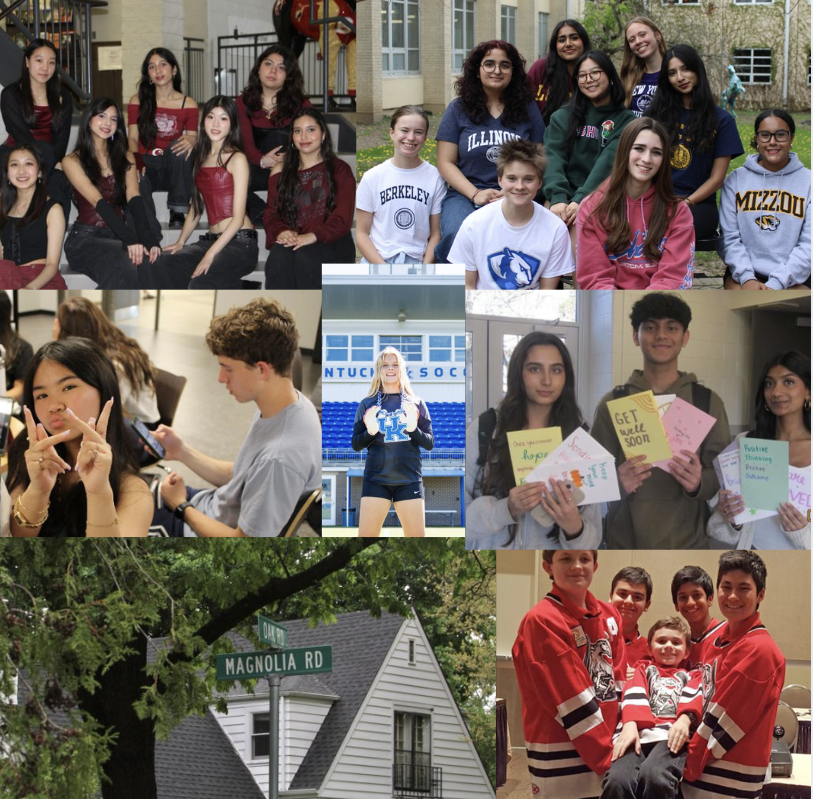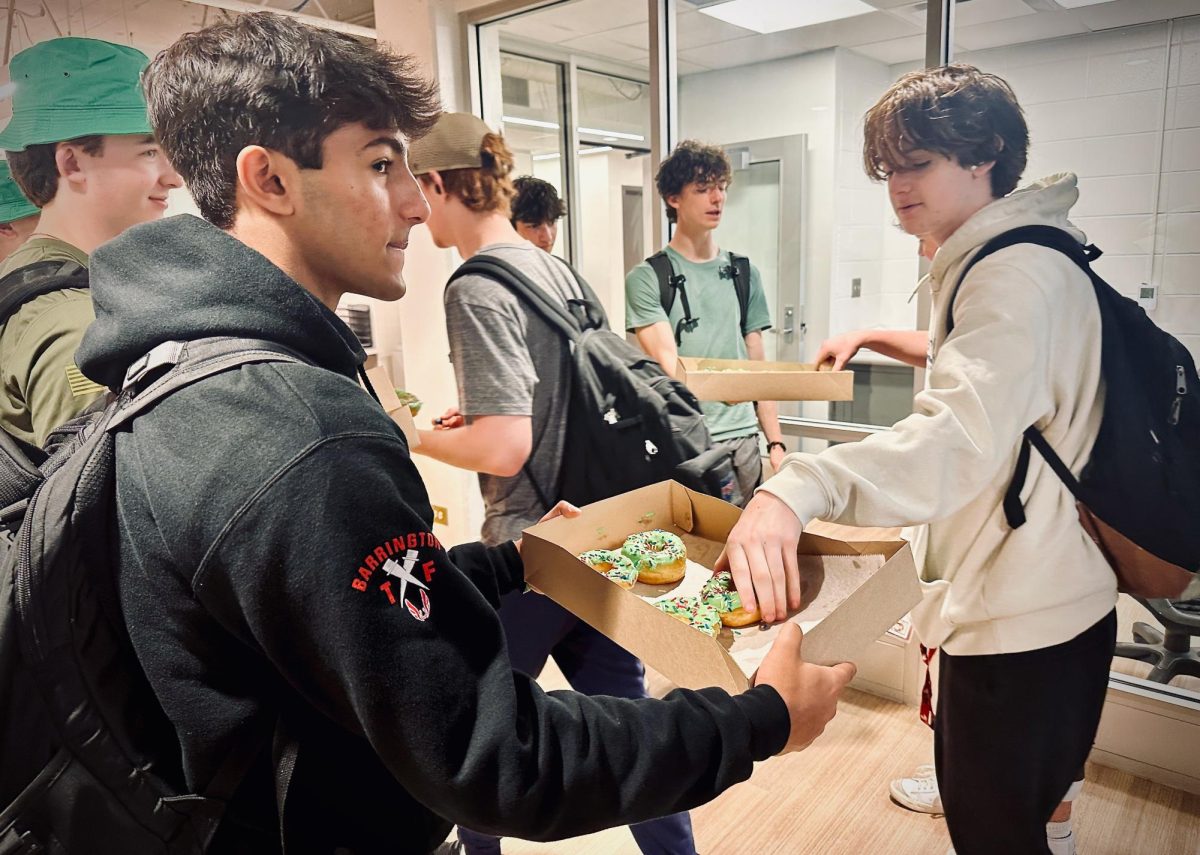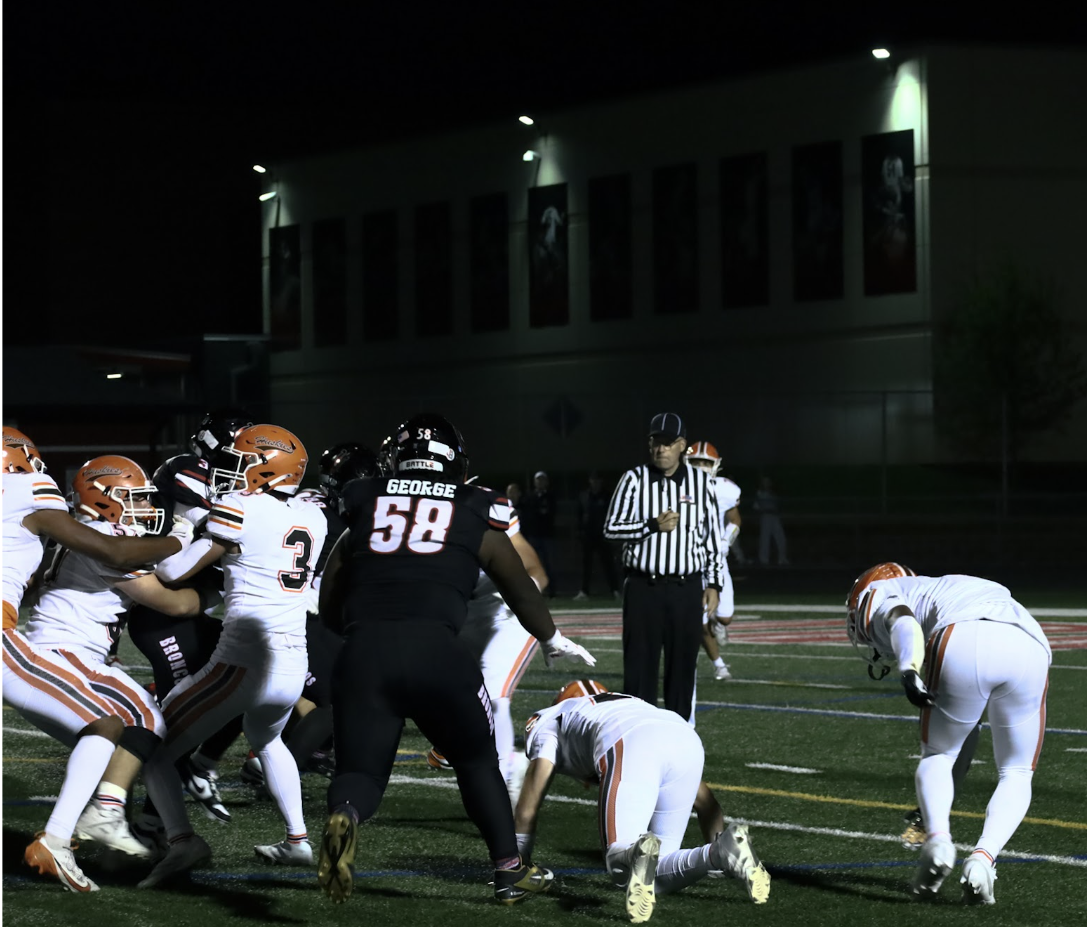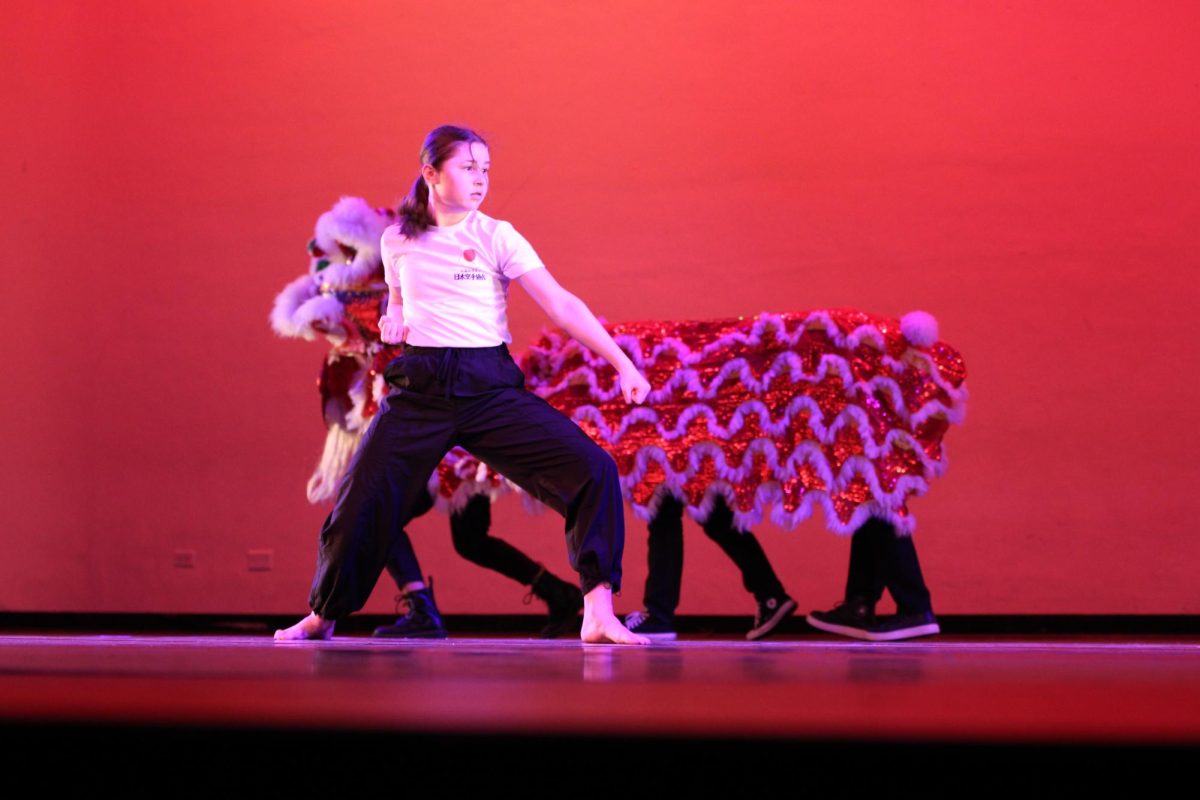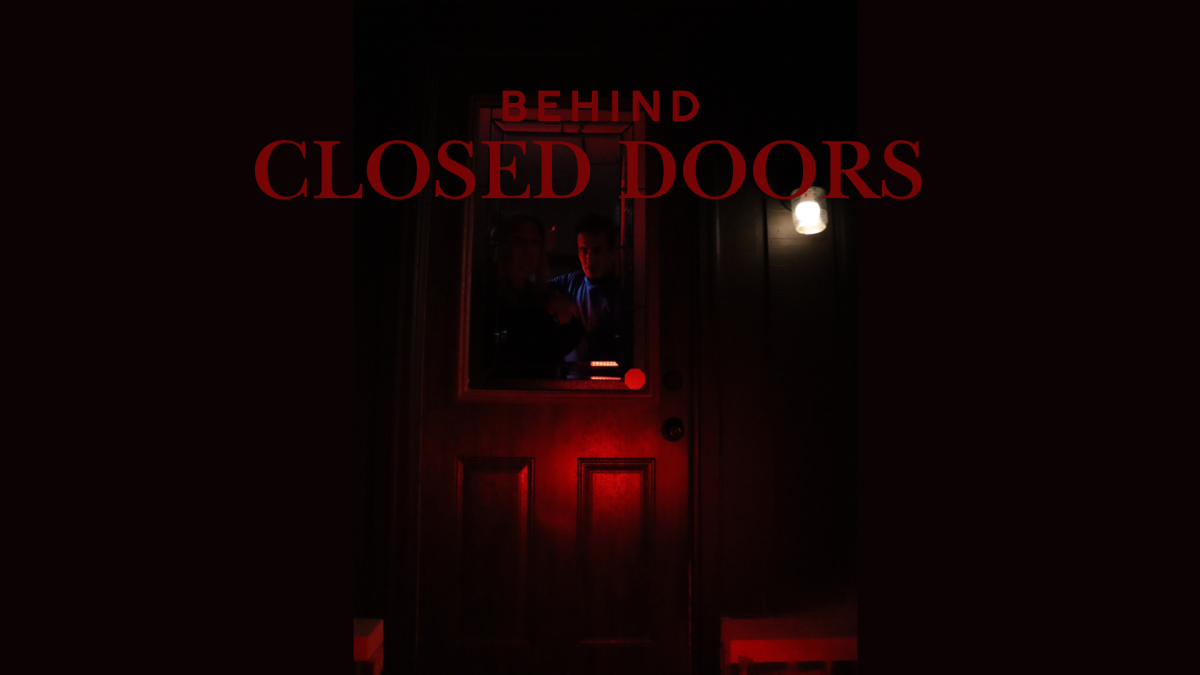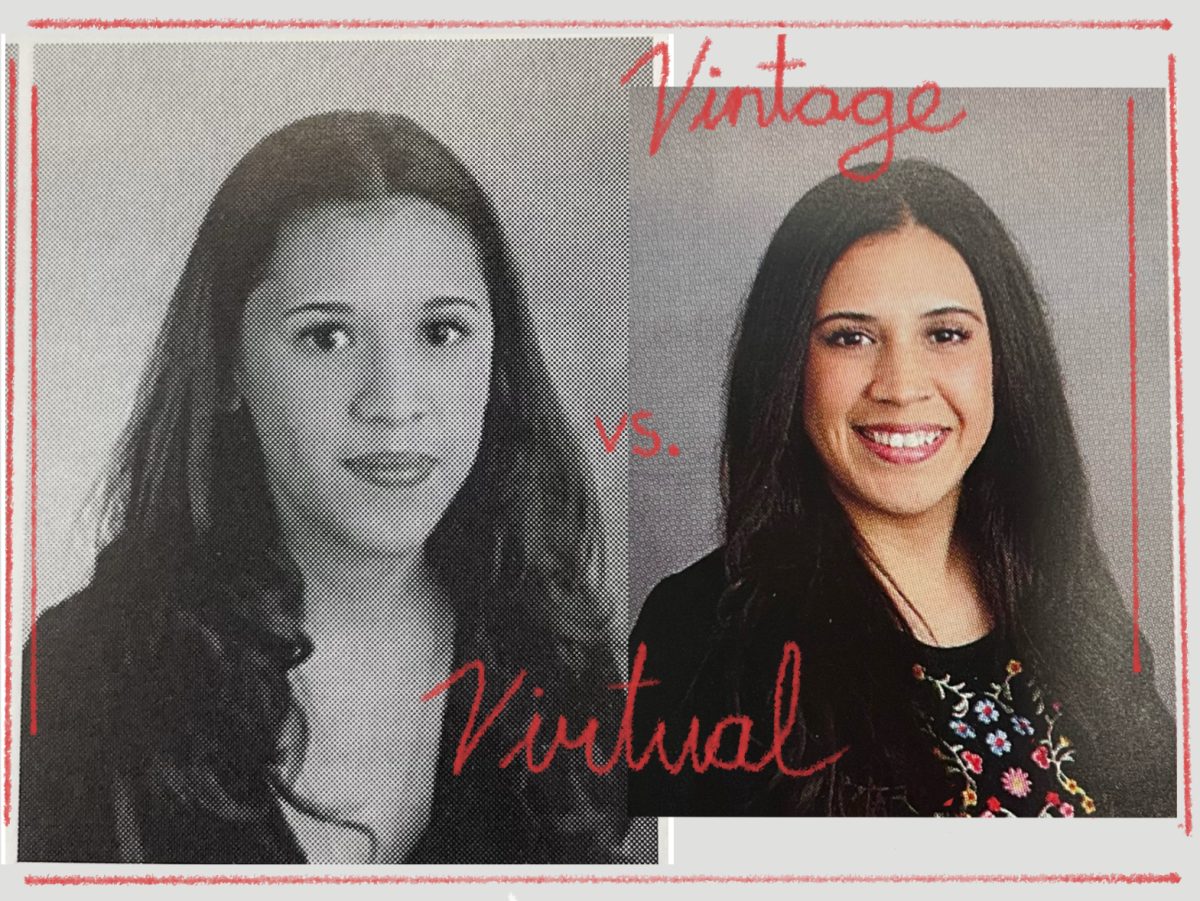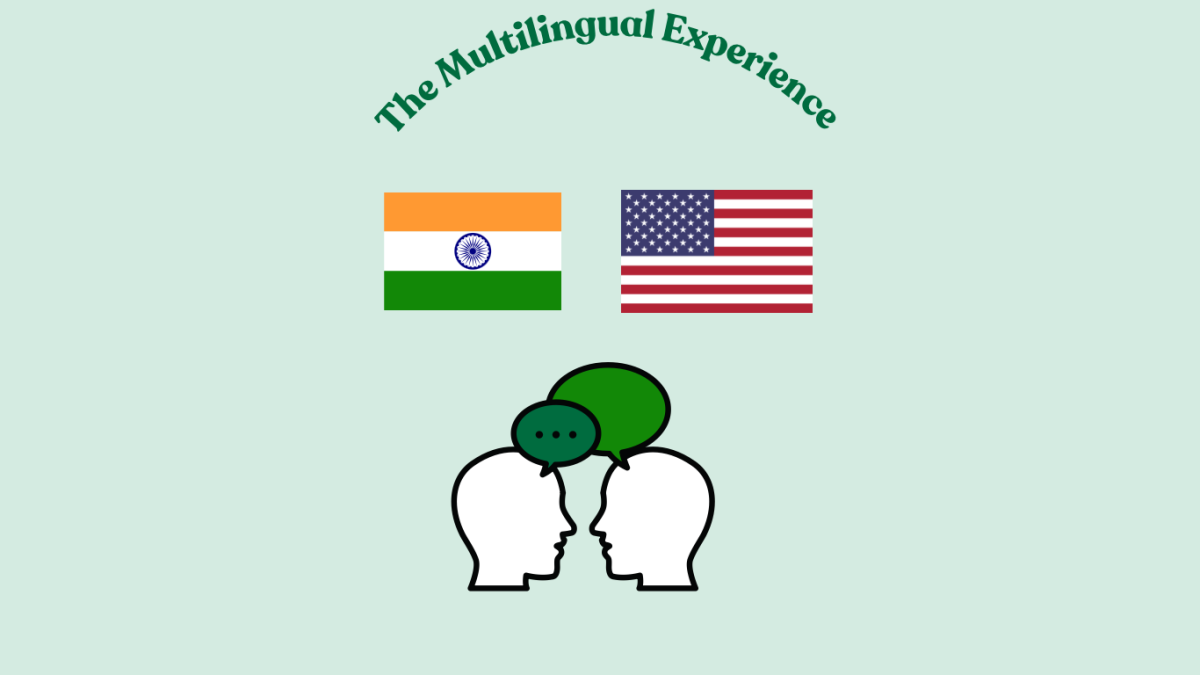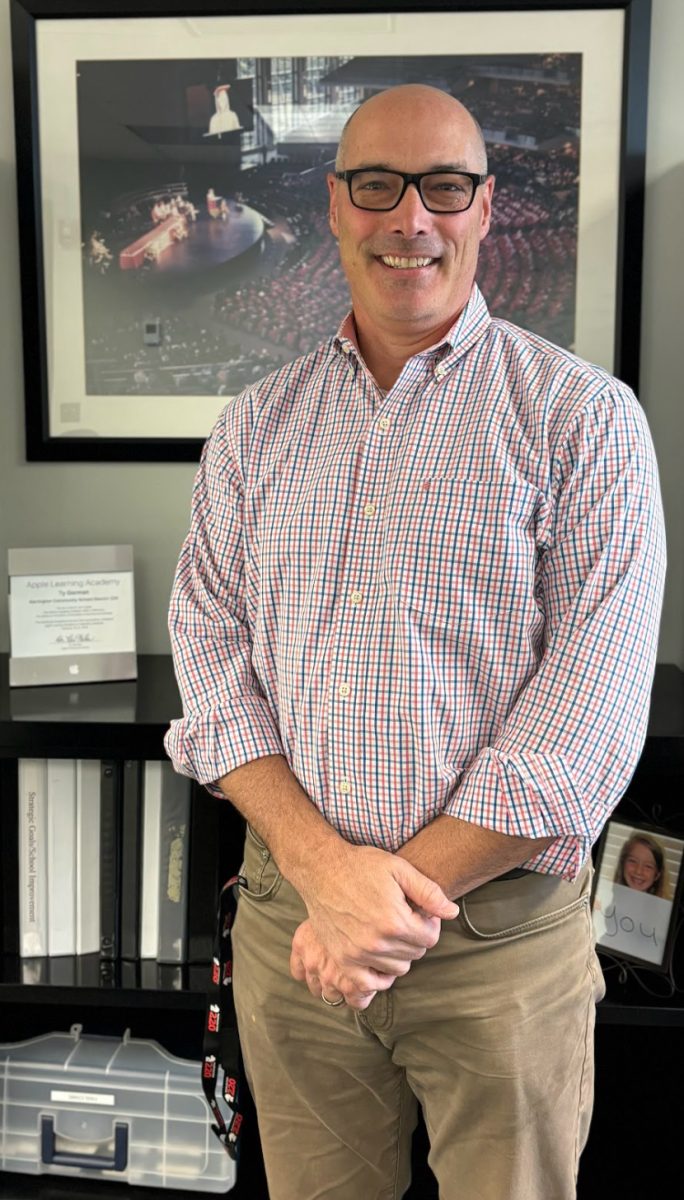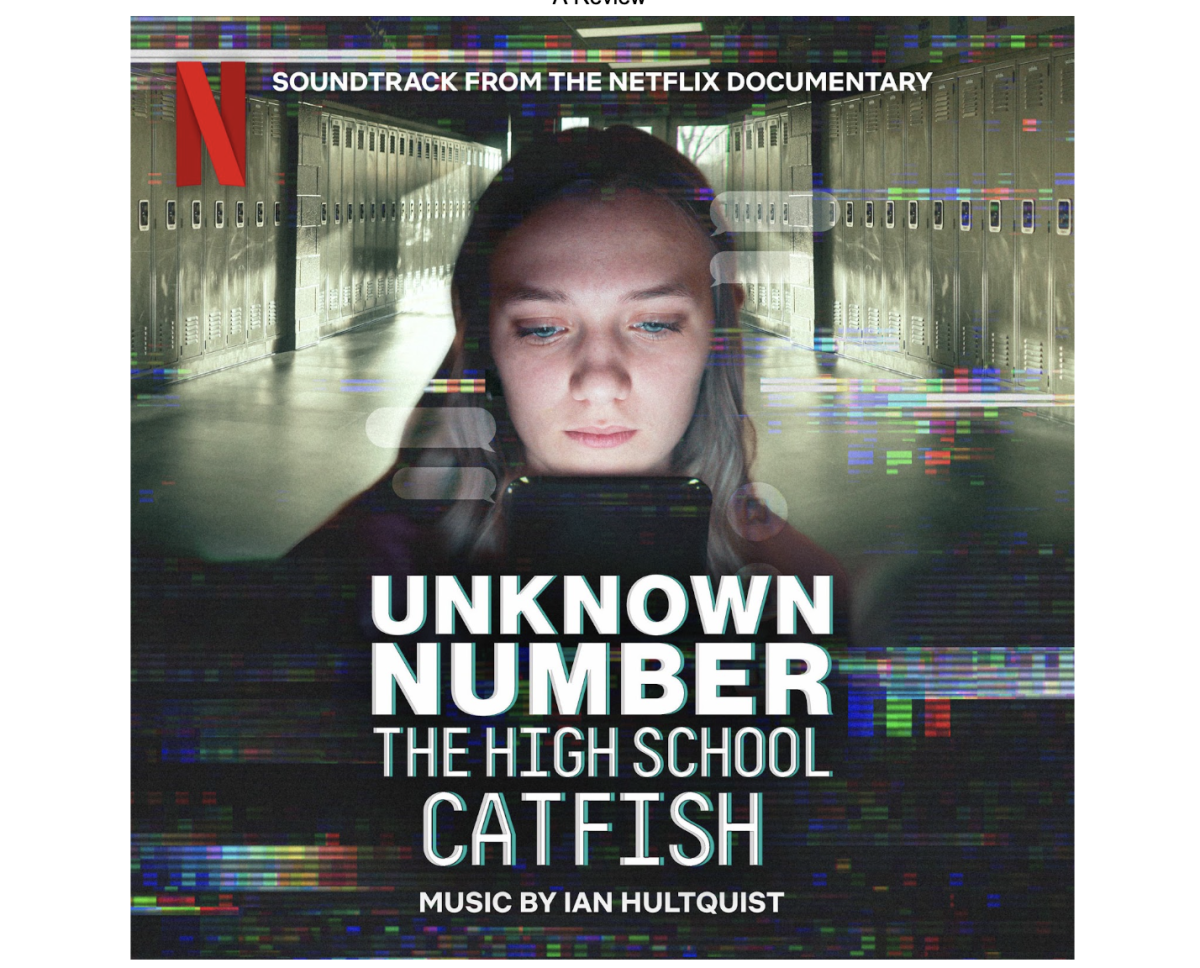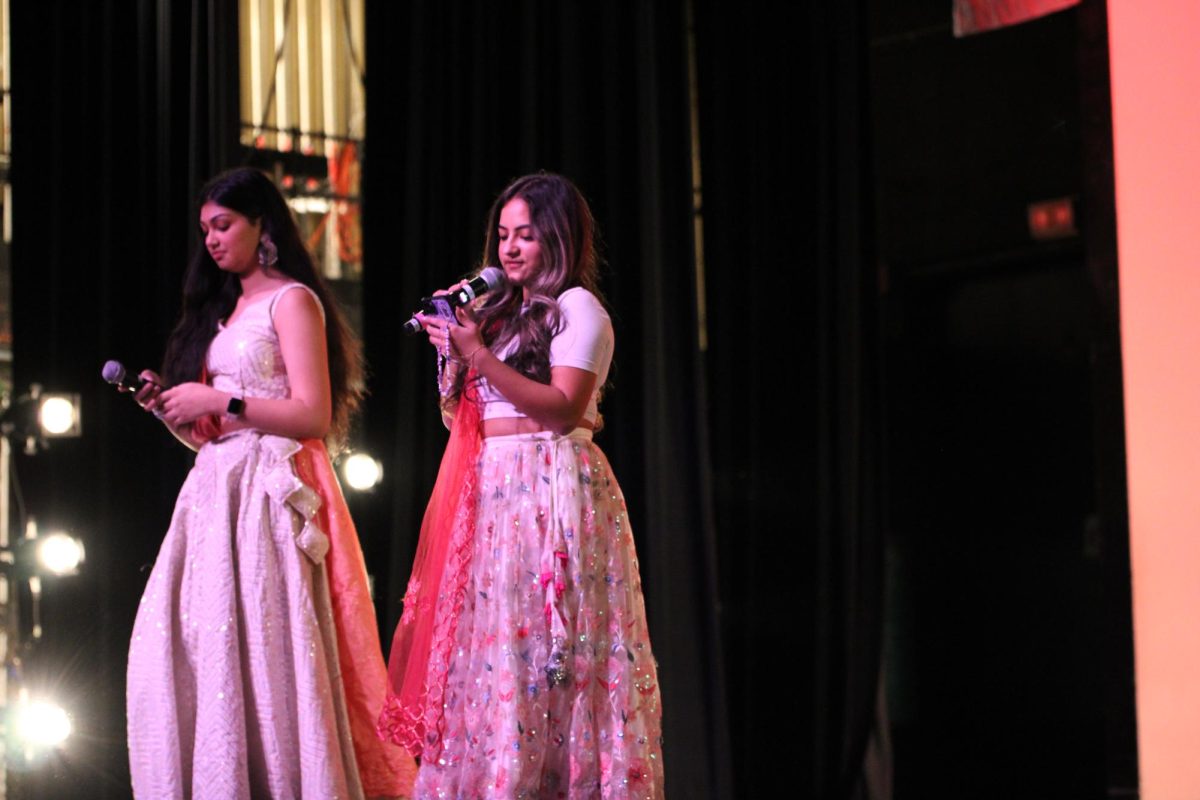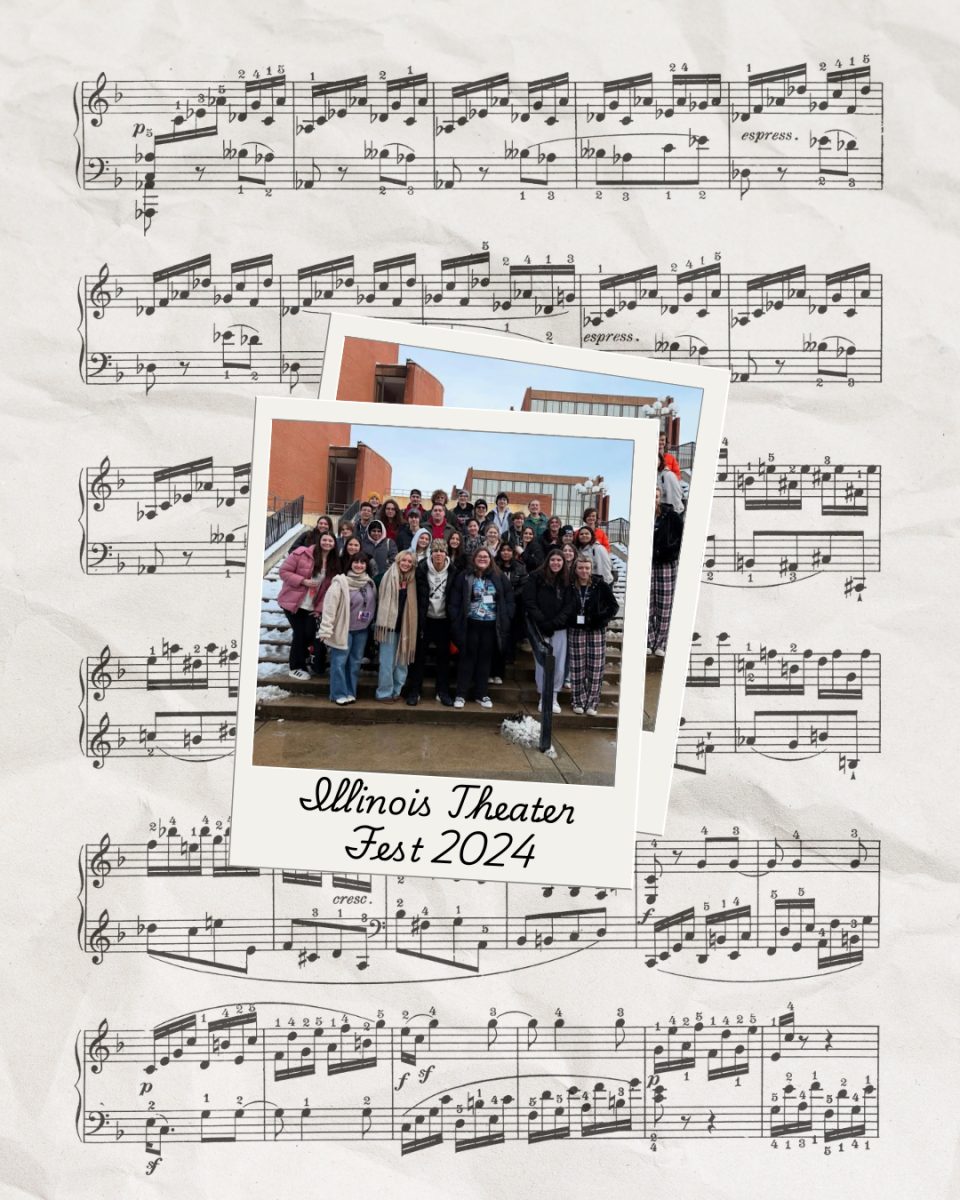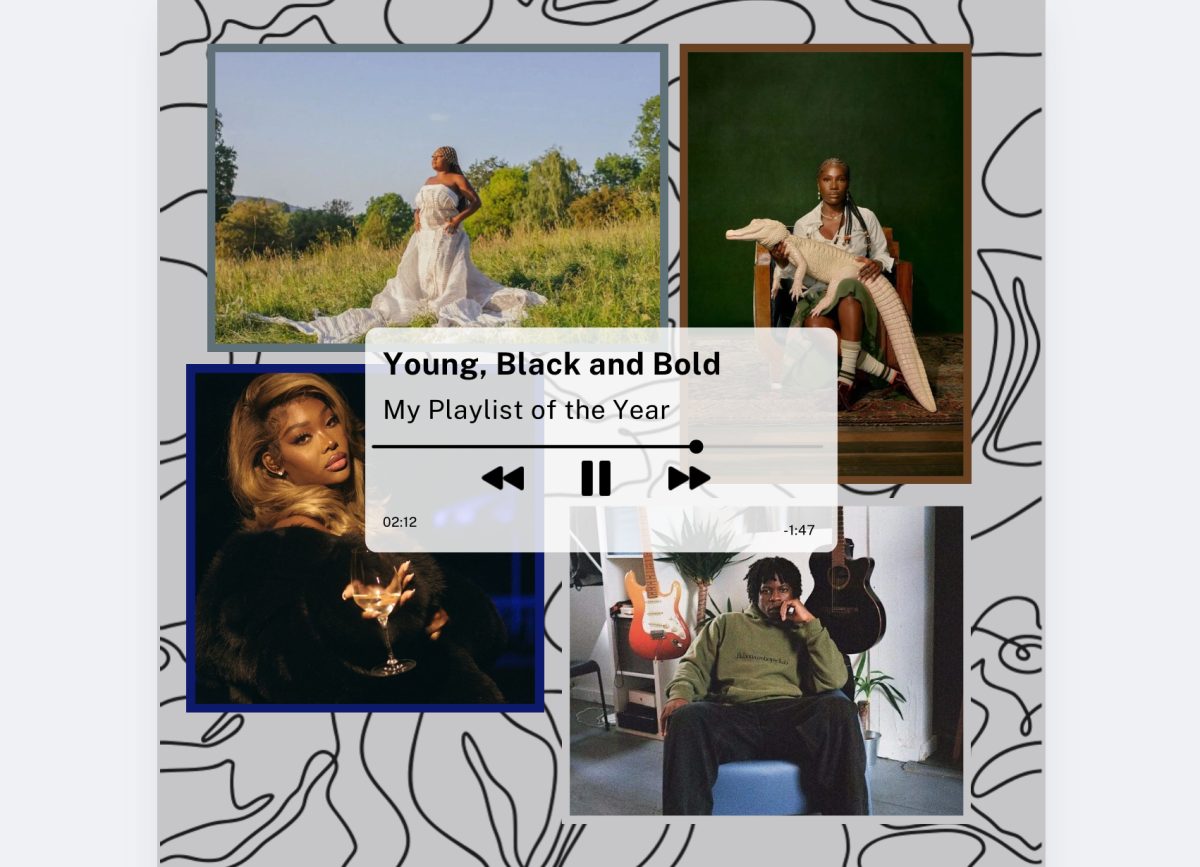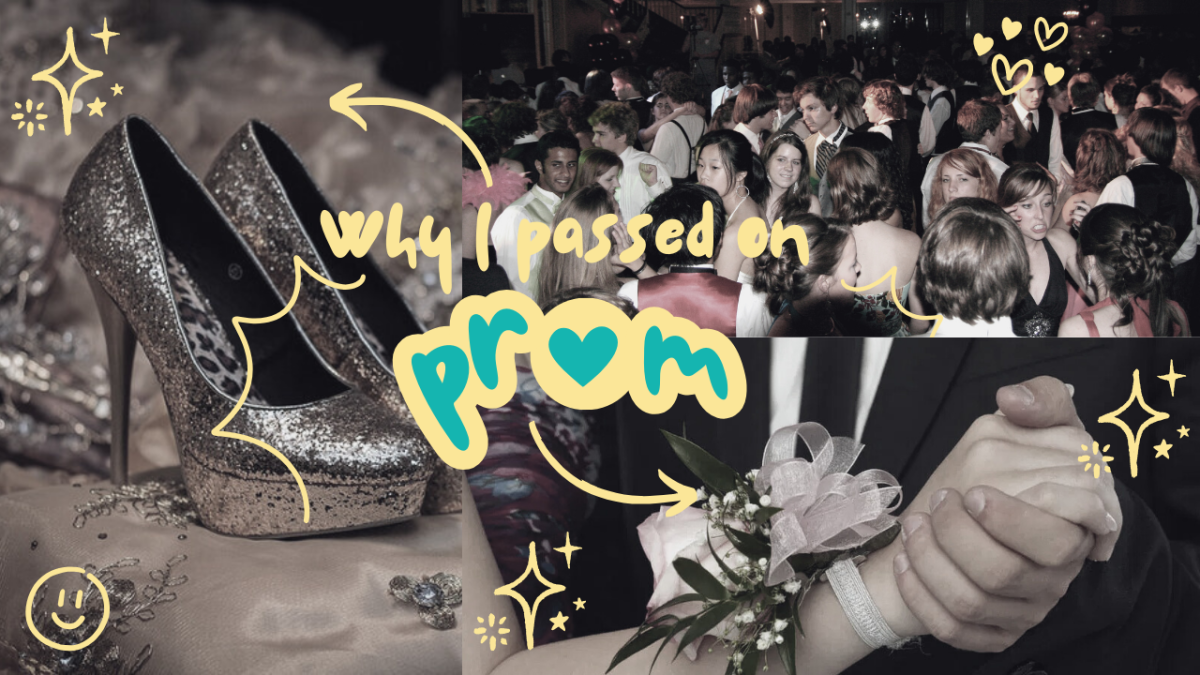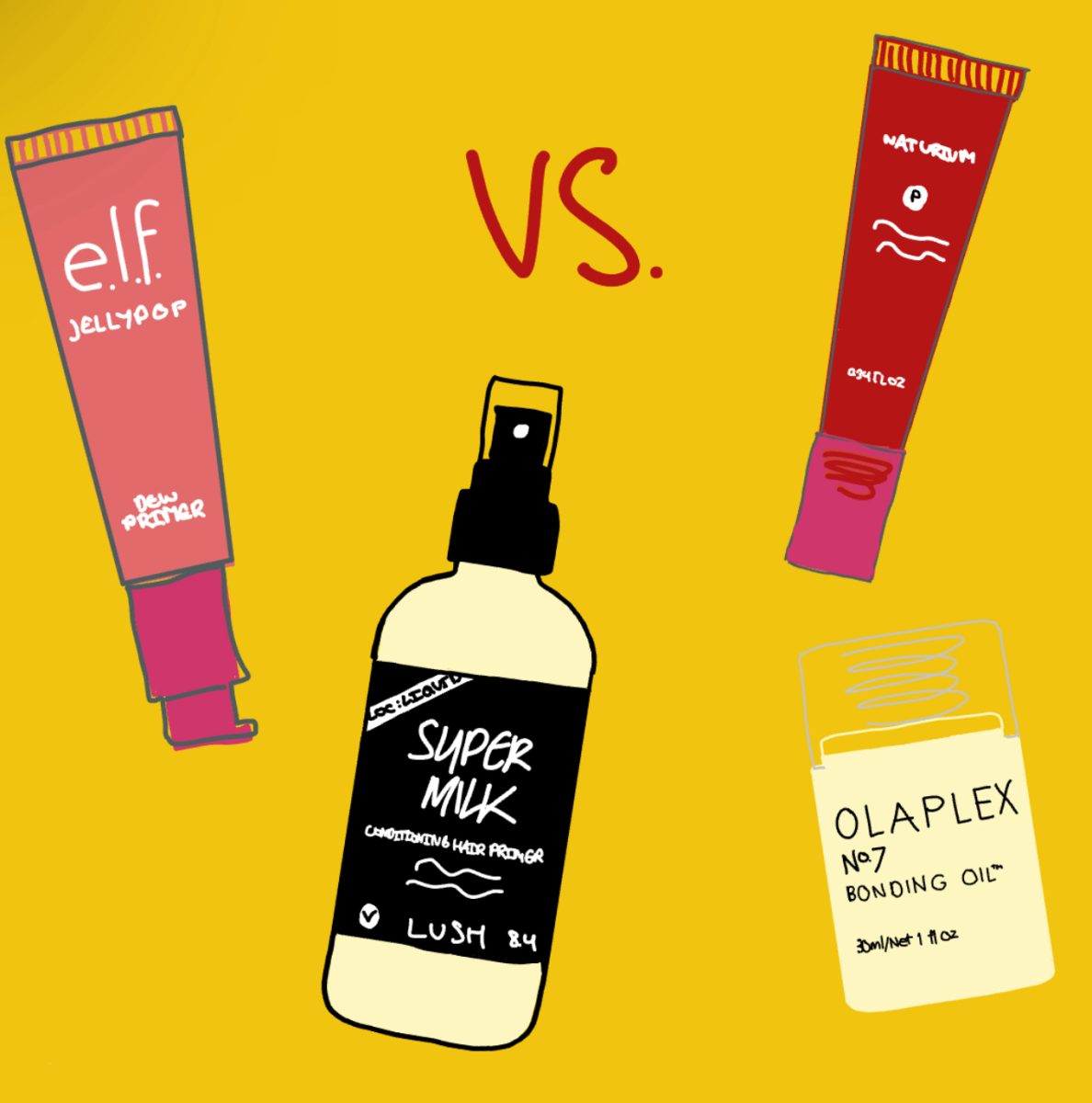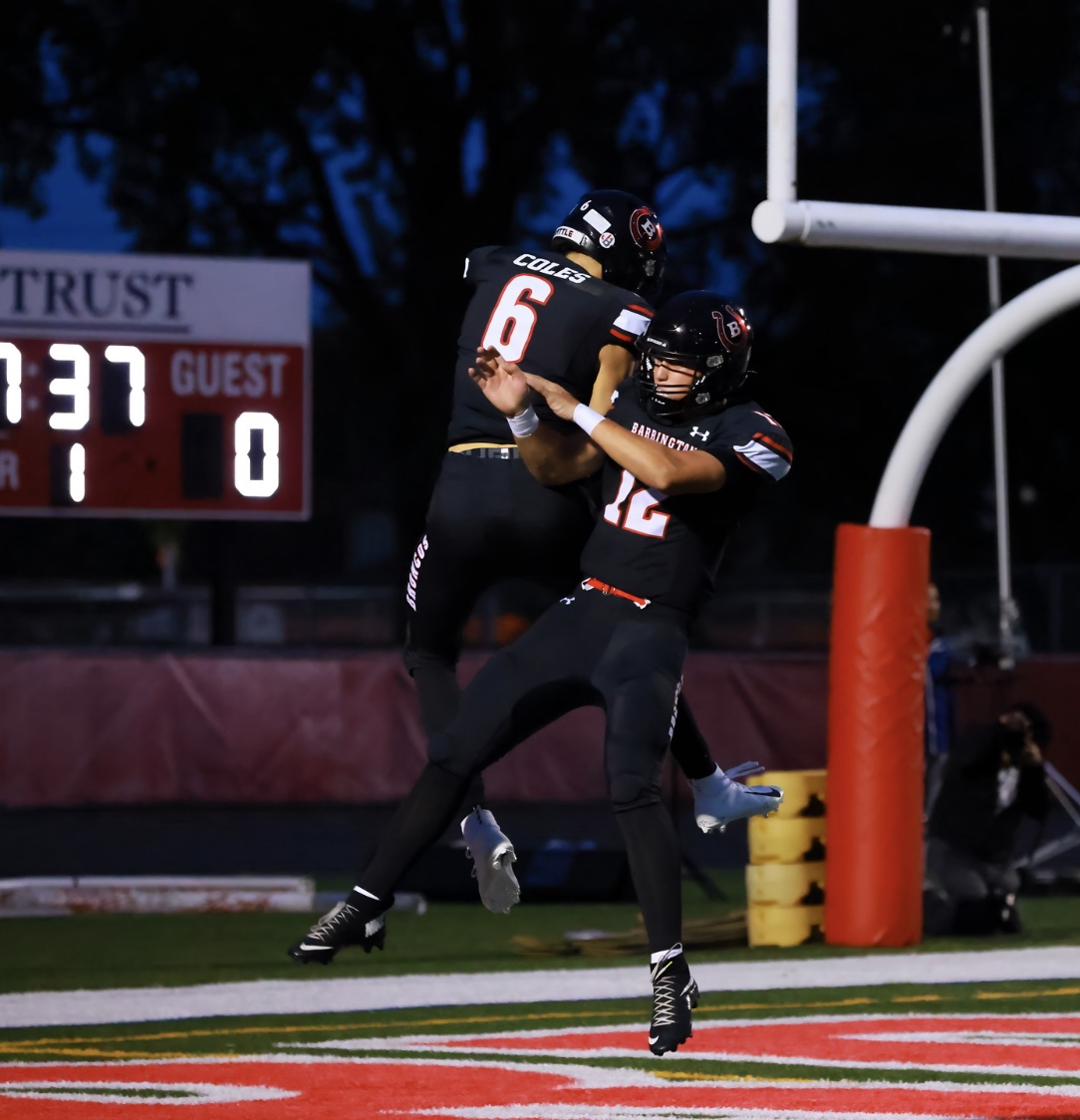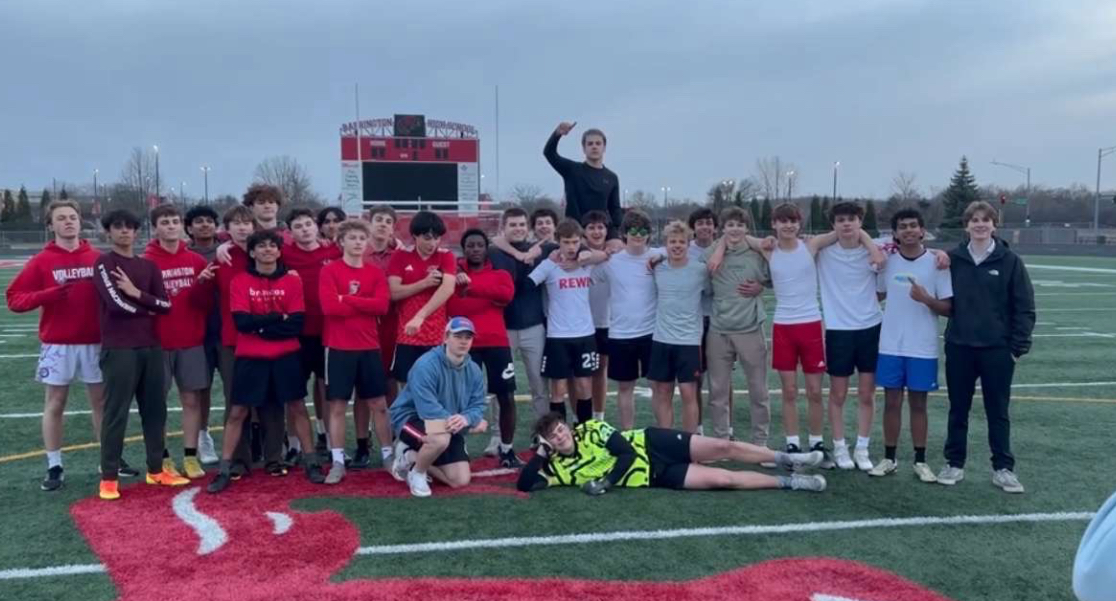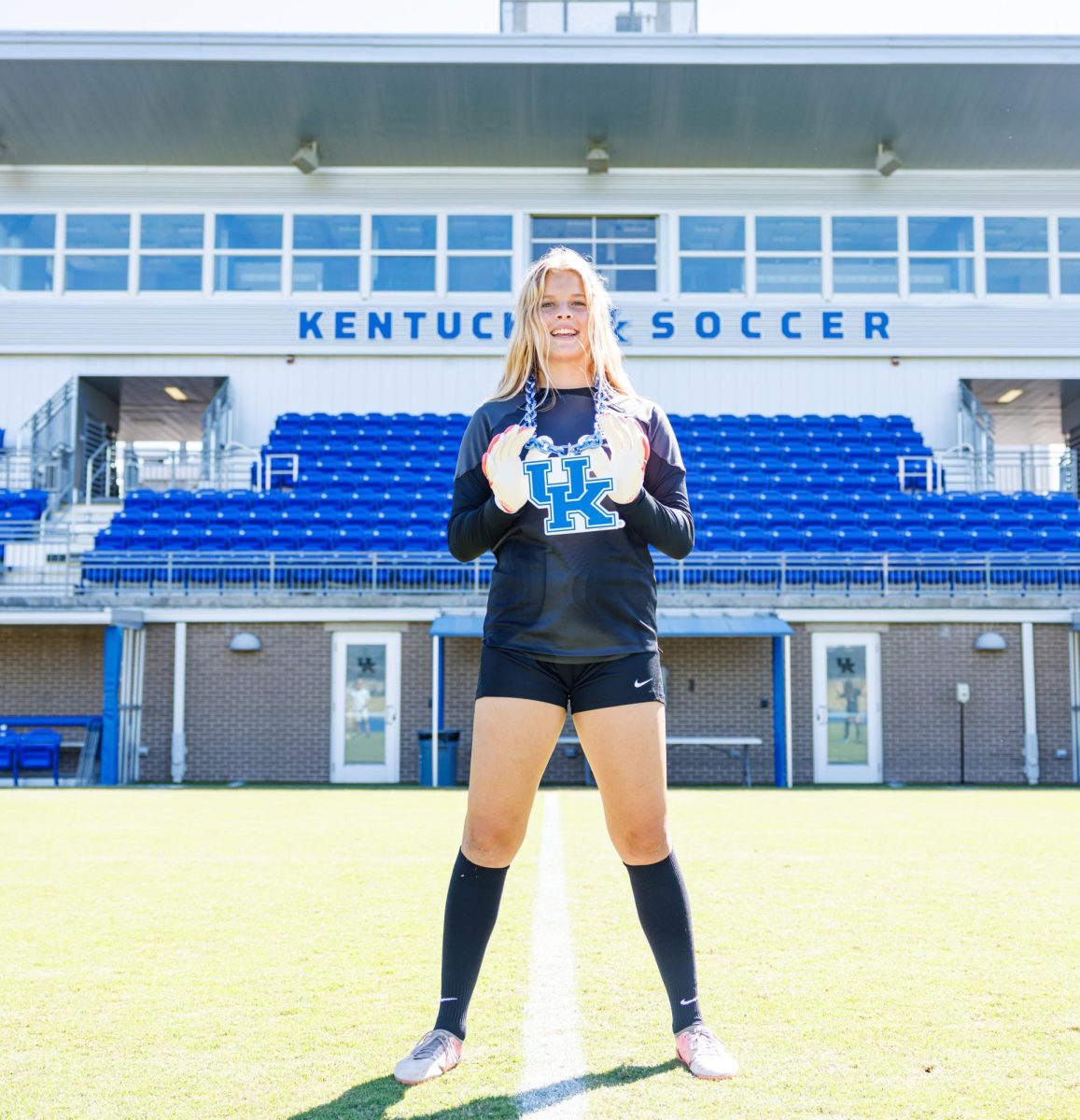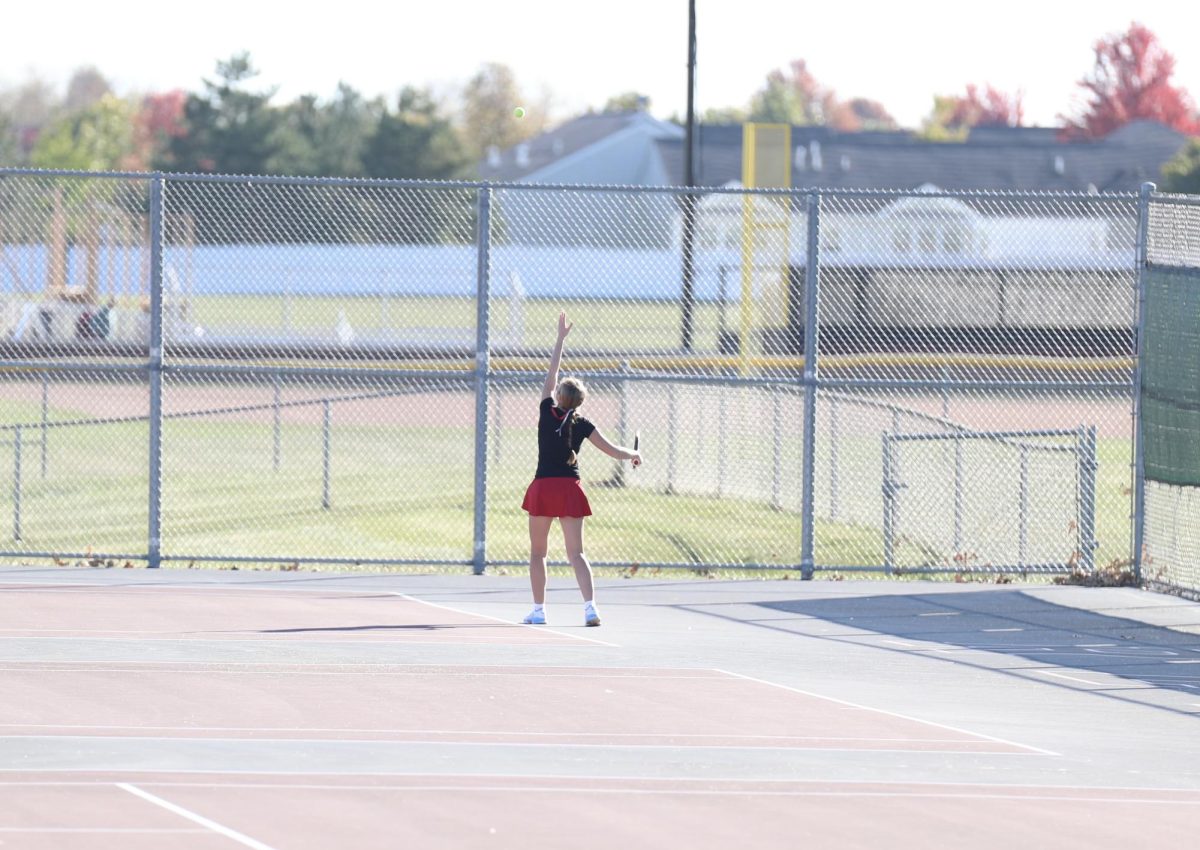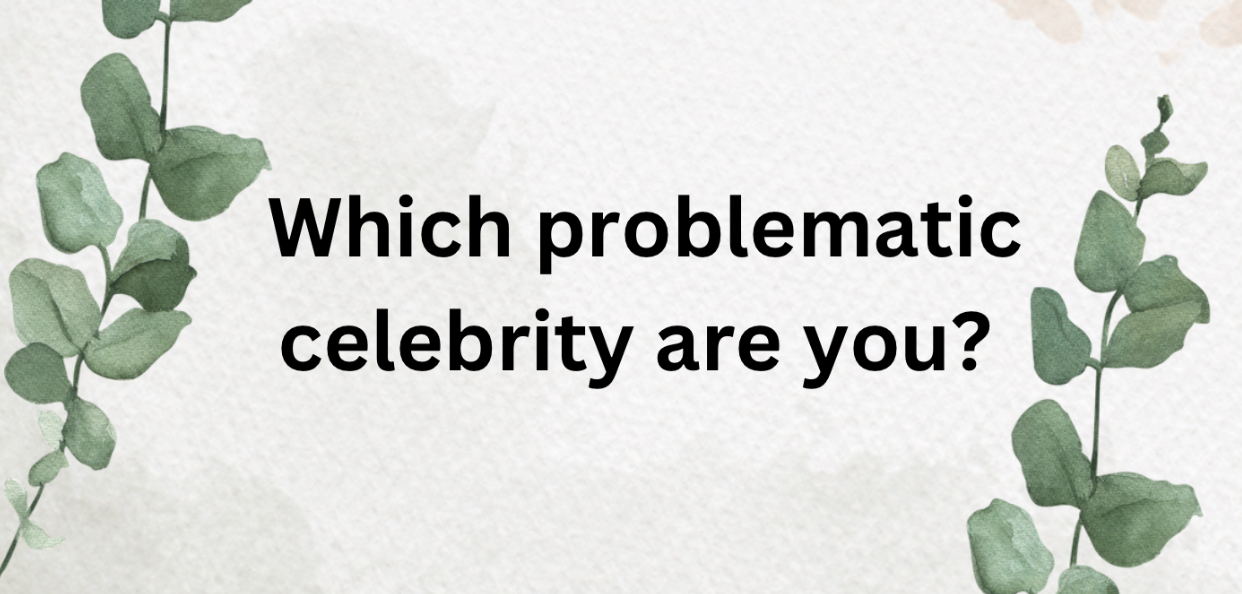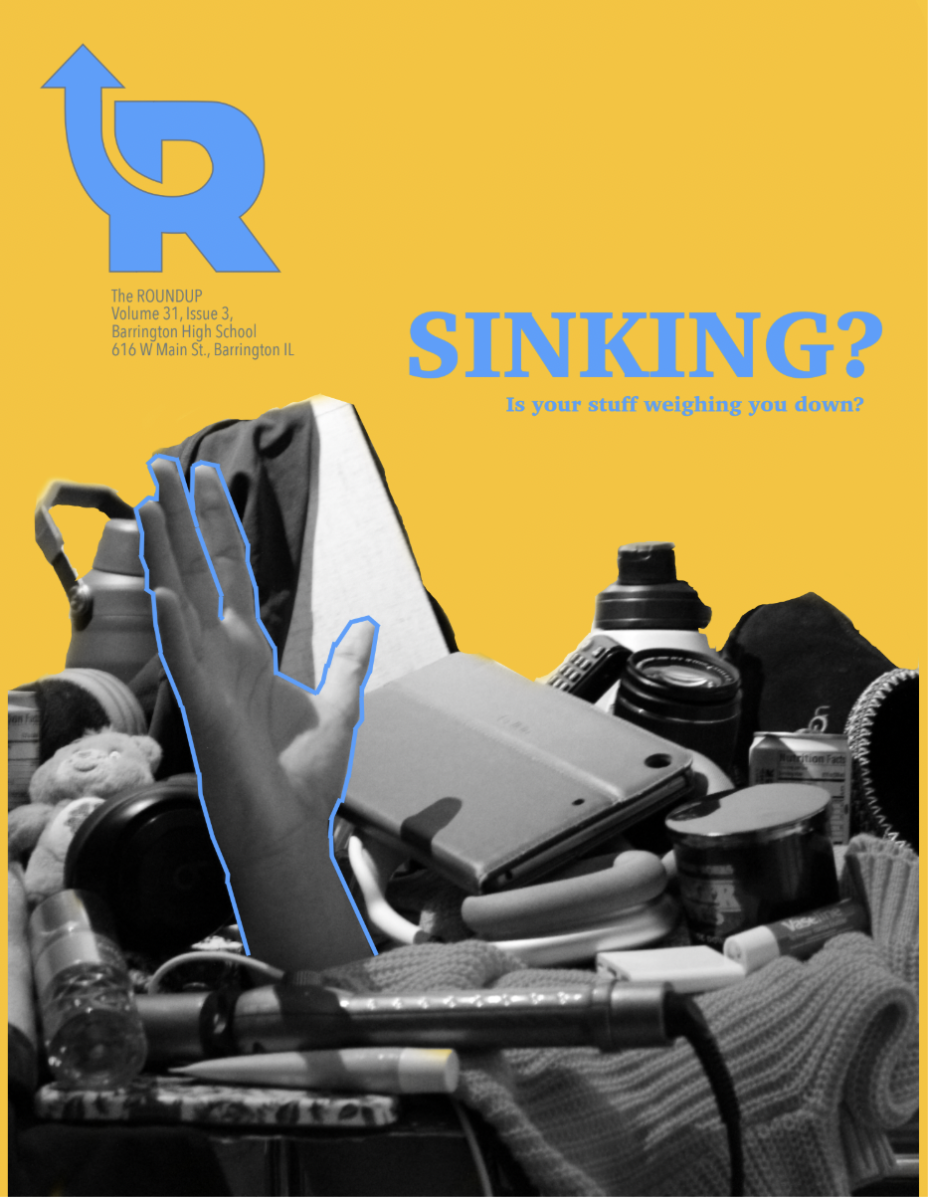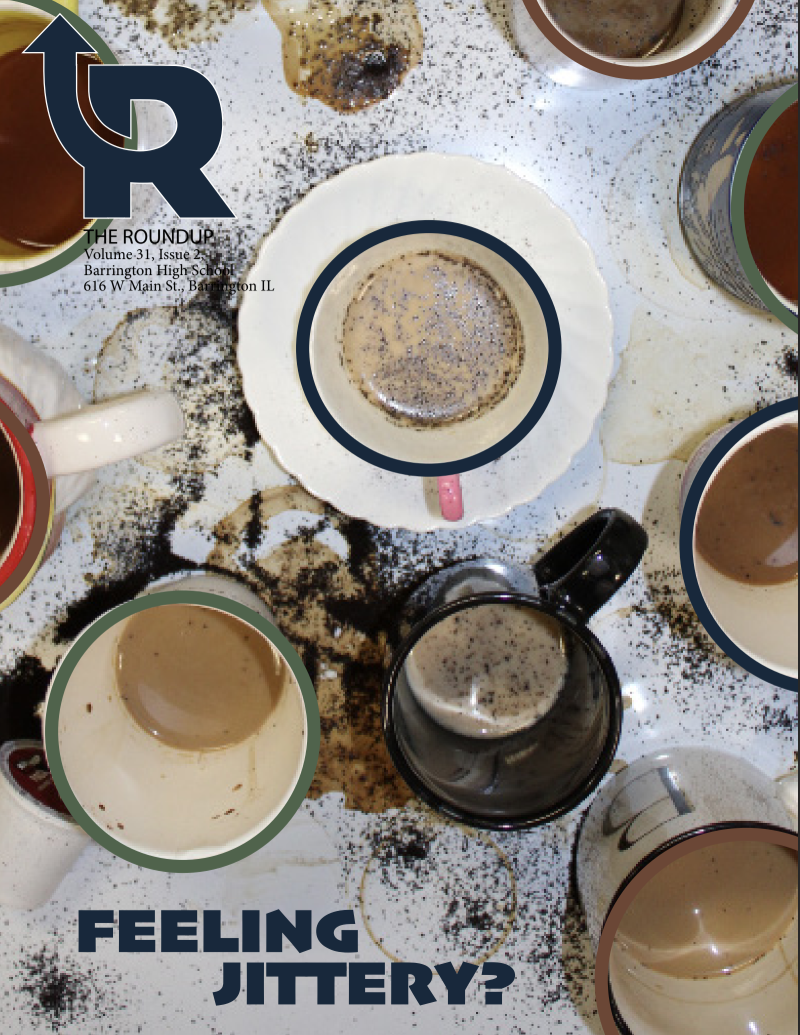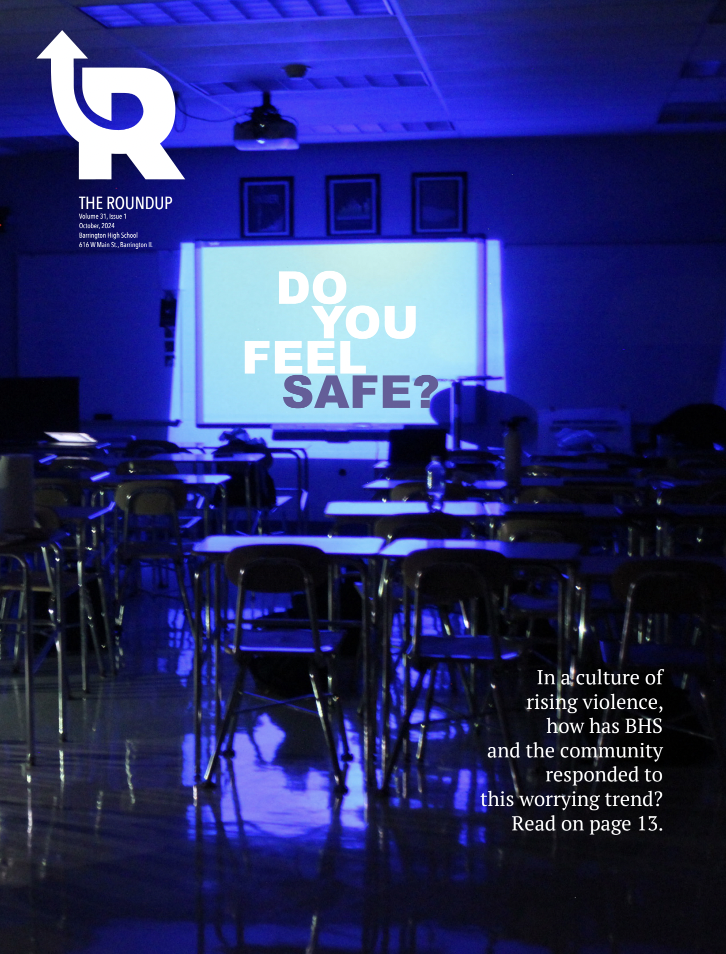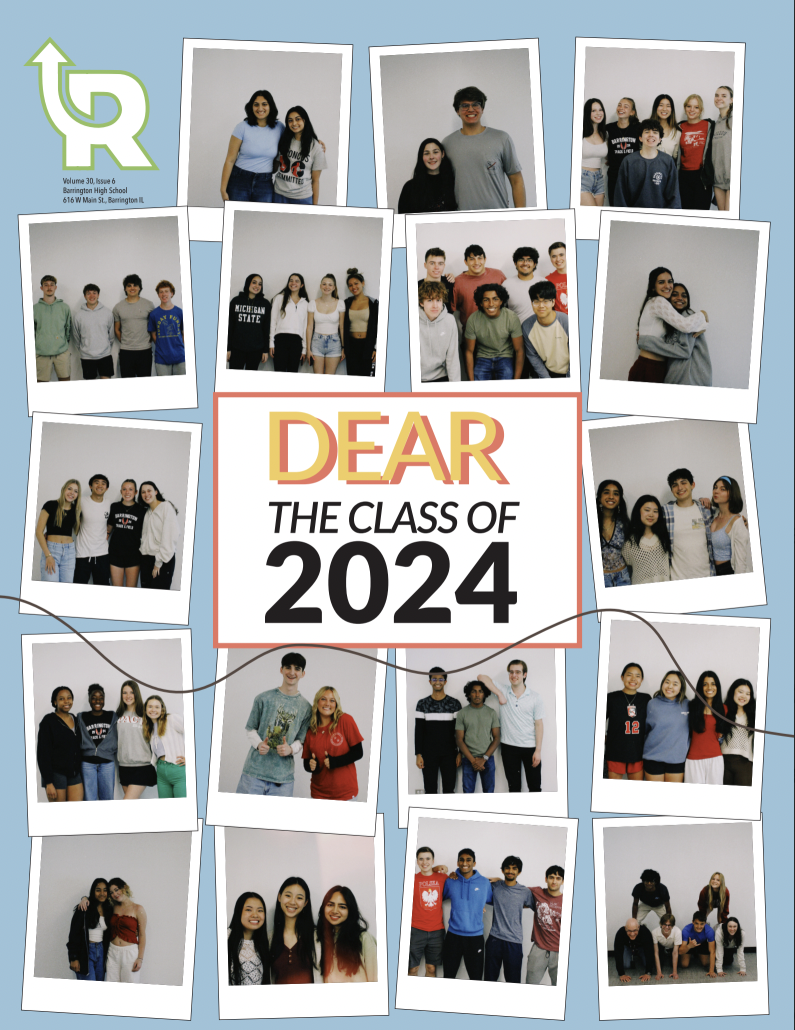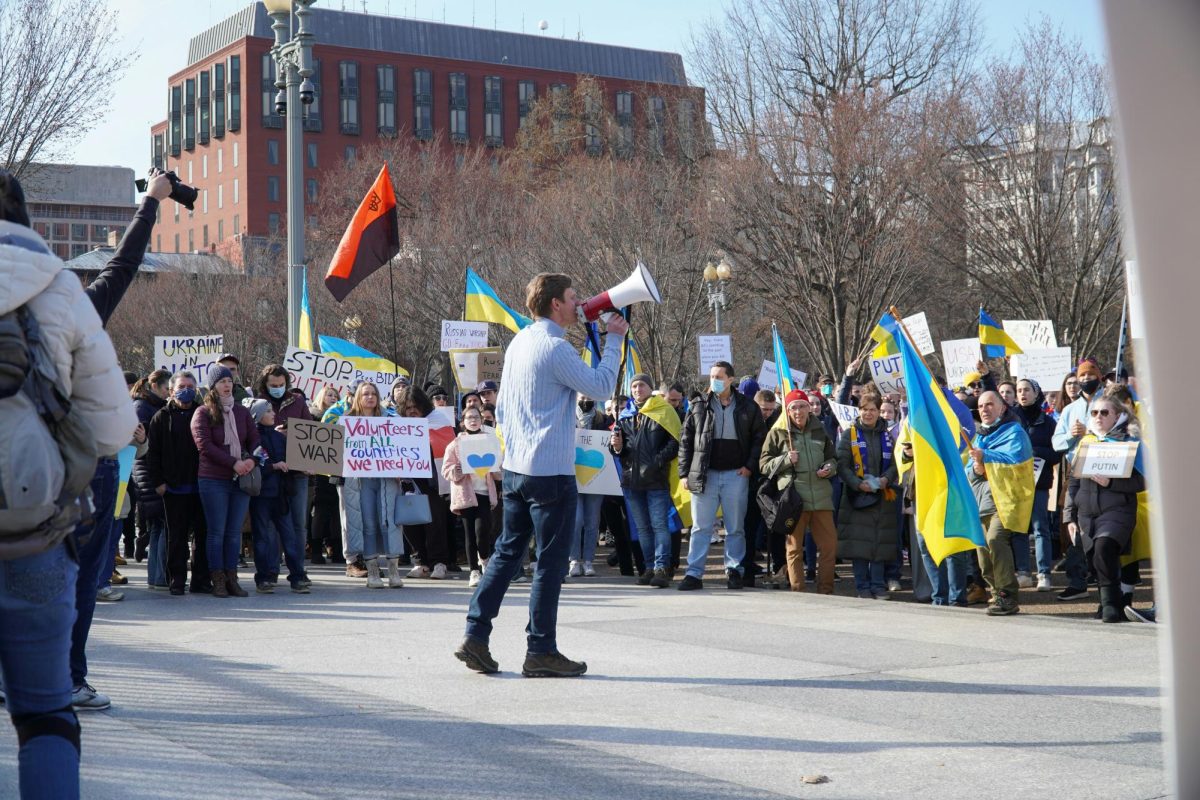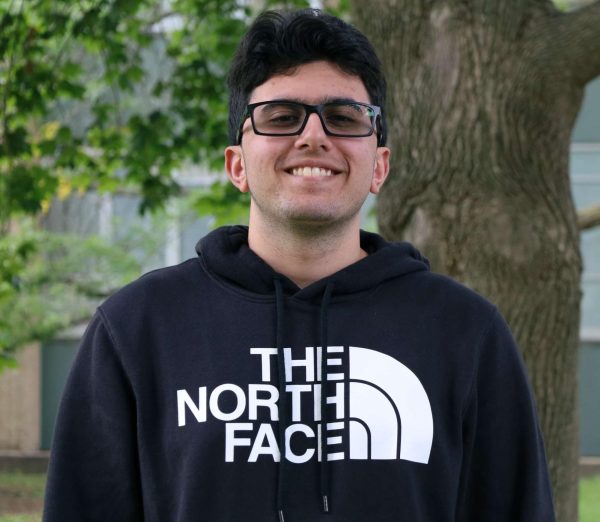Imprisoned families without proper healthcare, solitary confinement for minors and people silenced for acting on the right of free speech. These issues are addressed by Amnesty International club and students around the world.
Amnesty International is a club that advocates for human rights around the world and in the U.S. Club members meet every Monday and send letters to high-ranking officials of countries. Areas include Russia, China, parts of the Middle East, and central and southern America.
The sponsor of this club is Jonathan Mihevc. Mihevc has been an outspoken advocate of Amnesty and the club sponsor for more than a decade. Mihevc is the main instrument of Amnesty International at BHS, housing the club in his classroom and distributing letters written by club members.
“One of the things that Amnesty does is present these urgent actions on their website and it’s just an ongoing scrolling of urgent actions which are for a particular, individual, or small group that is facing some kind of trouble or difficulty, usually it’s imprisonment. Then there’s imprisonment with the family that doesn’t have access to healthcare, or their exercising their right to free speech according to the UN Declaration on Human Rights. Sometimes it’s individuals that are facing death threats, but there’s a variety of reasons,” Mihevc said.
Amnesty International’s mission is to write on behalf of those being persecuted or wrongly imprisoned, many of which are imprisoned without proper healthcare. Some are imprisoned for simply exercising their right of free speech and imprisoned for no reason at all. Amnesty wants to let the world leaders of these countries know that the world knows and is watching, and holding their actions accountable.
“It’s the countries that tend to have poor human rights records. So in my room we’ve got a map of little red pins on all the places we’ve written letters to and that’s relatively new, it’s about four or five years old. There’s quite a few pins, through Russia, China, some of the countries in the Middle East, Central and South America, it’s pretty global,” Mihevc said.
Amnesty sends letters exclusively to high ranking officials, often prime ministers, presidents, president’s cabinet ministers, etc.
“[We’ve sent letters to] so many prime ministers. It could be ministers of justice sometimes, it may be a judge, it tends to be the highest ranking official who has some kind of involvement. We will also send it to the embassy as well,” Mihevc said.
Junior Angelina Kloczkowski has been a member of Amnesty International since she was a freshman. She has been actively involved and sending letters to prime ministers for three years now.
“I joined Amnesty International my freshman year and have attended every Monday since. I think it’s a great opportunity to easily but still effectively make a difference and advocate for human rights,” Kloczkowski said.
Mihevc states that the goal of these letters is not to get a reaction out of these leaders, but rather it is to let them know that the people around the globe are watching and are aware of what is currently going on.
“It’s more about letting people in power that in this particular situation know that people around the world are aware of what’s going on. It’s easier to do things when nobody thinks you’re looking. It’s in part to bring state pressure and to bring a kind of population pressure on a particular issue in a particular country,” Mihevc said.

